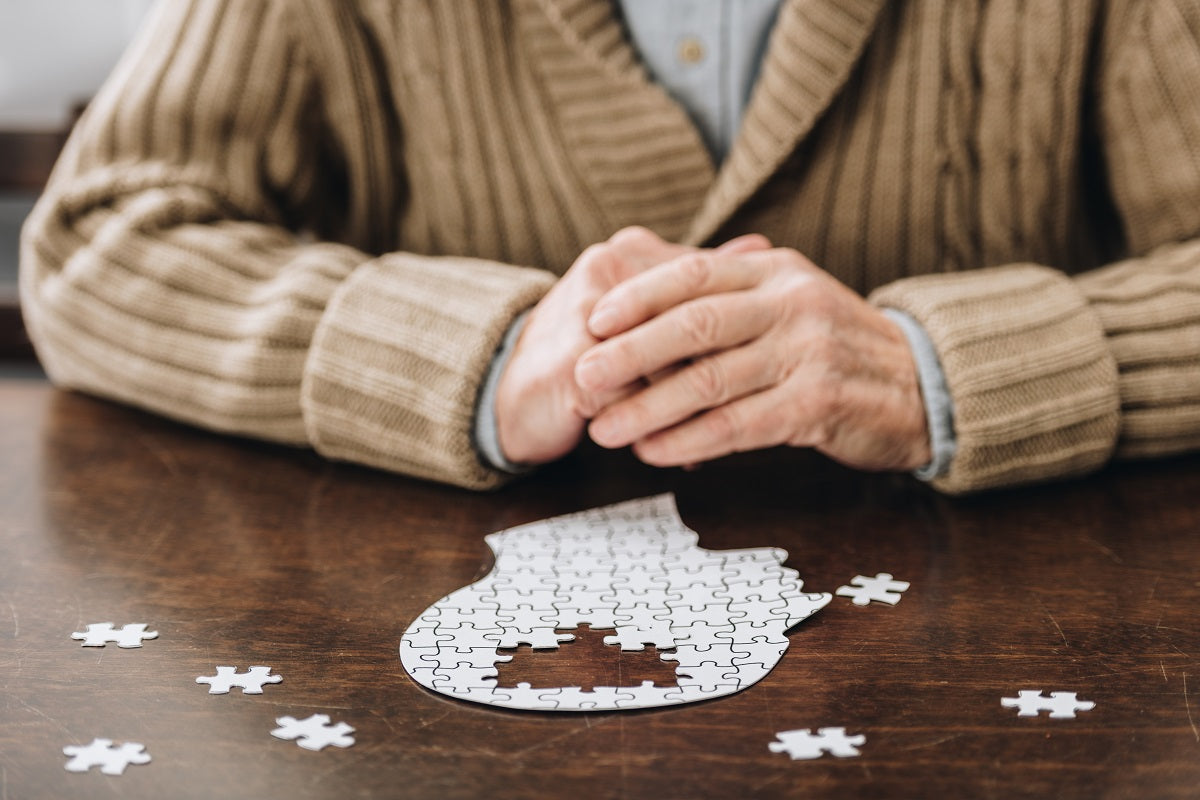Navigating the Challenges of Dementia Care
Dementia is a progressive medical condition that affects memory, judgment, and decision-making abilities. But, keep in mind that it’s not a normal part of the aging process. Based on the Landmark Study Report, around 597,000 people in Canada were living with dementia in 2020, 61.8% of which were women. What’s even more alarming is that in 10 years, the number of people with dementia is expected to increase by over 62%.
Both patients and caregivers face challenges when it comes to managing dementia and getting the necessary care and support, primarily due to the stigma associated with the condition.
What Do People With Dementia Need Most?
What they need the most is patience, empathy, support, and understanding. Especially in the late stage of dementia, performing basic activities and maintaining independence will be extremely challenging for them. Most importantly, they need emotional support and reassurance. As cognitive abilities decline, it’s pretty common for them to experience anxiety, confusion, and frustration. Providing companionship and comfort can make a significant impact.
Care For Dementia Patients
As symptoms worsen, most dementia patients feel scared, anxious, or stressed. Unfortunately, experts haven’t found a cure for dementia. Implementing strategies when caring for these patients can help improve their quality of life.
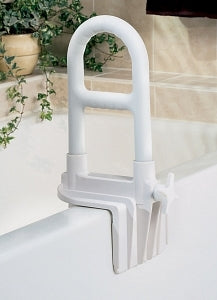
Keep Their Environment Safe
Creating a safe environment should be a priority. This involves creating modifications to minimize hazards, such as installing grab bars and keeping hazardous materials. Dementia patients are also at a high risk of falling, so make sure to keep pathways clear of clutter or obstacles. The outdoor area should be an enclosed space to prevent them from climbing or wandering. Additionally, keep the car and house keys in a secure place.
Featured product: Guardian Moulded Tub Grab Bar
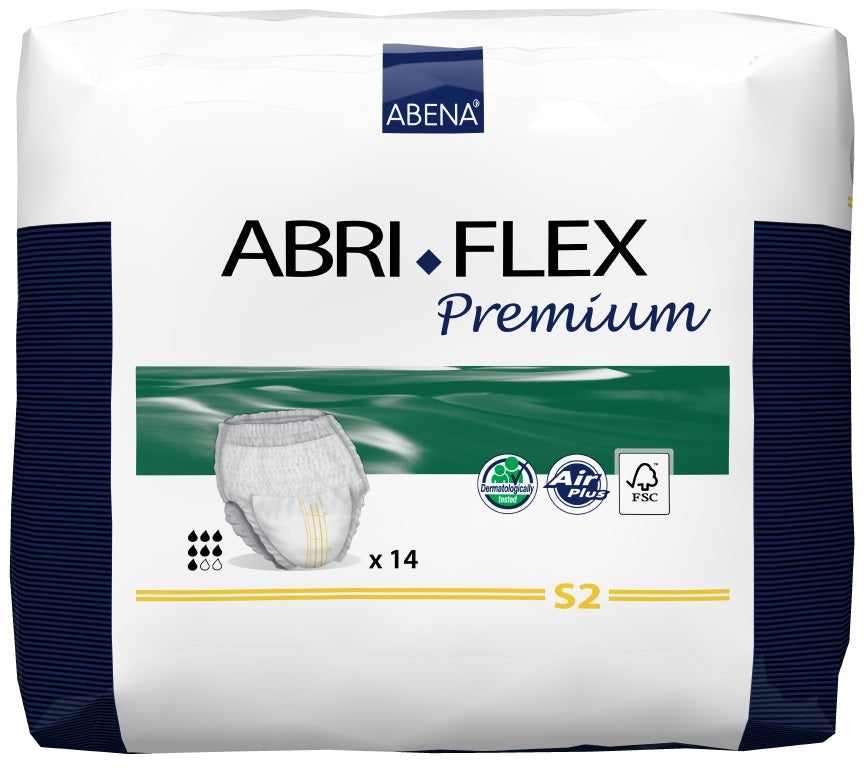
Assist with Personal Hygiene
As cognitive abilities decline during the late stages of dementia, the role of caregivers in assisting with personal hygiene becomes increasingly significant. Assisting with bathing, dressing, oral hygiene, and toileting requires gentle handling to ensure the patient’s dignity and well-being. Incontinence is another common issue that needs to be addressed with care and sensitivity.
Featured product: Abena Abri-Flex Premium Pullups
Hydration and Nutrition
Dementia patients may struggle with recognizing food, using utensils, chewing, and swallowing properly, especially during the later stages. They also can’t tell when they’re thirsty, so ensure you offer adequate water throughout the day.
Use Simple Communication
It’s best to use simple language or provide visual cues to dementia patients. Avoid asking open-ended questions like “What do you want to eat?”. Instead, give them a sense of control by giving them options like, “Do you want pineapple or banana?”
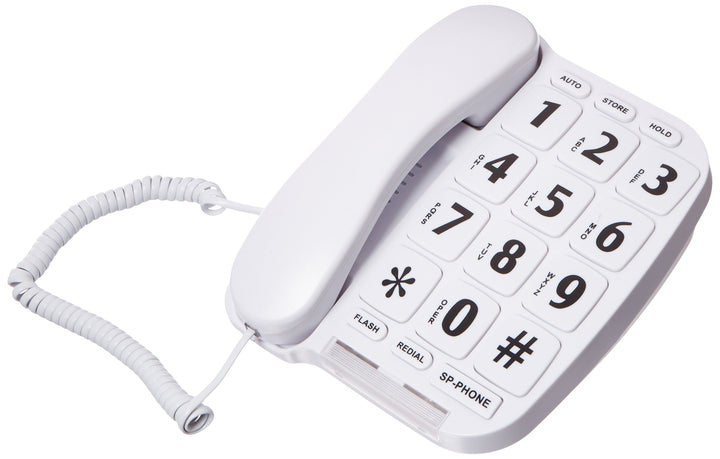
Stimulate Environment
To create a stimulating environment, provide engaging activities to help improve their mood and cognitive abilities. Play their favourite music, give them puzzles, exercise, or look at old photos.
Featured product: Phone, Easy Hear, Big Button
Consistent Routine
A consistent routine can help reduce anxiety and confusion for dementia patients. Create a daily schedule that includes bath time, mealtime, exercise, rest periods, and activities.
What are 3 Things to Never Do With Your Loved One With Dementia?
1. Don’t Assume and Ask If They Remember Something
When visiting or caring for a dementia patient, asking them if they remember certain occasions or persons can be tempting. Questions like “What’s my name?” or “What did you do today?” will just confuse or overwhelm them. Avoid asking open-ended questions; instead, try reminiscing about a particular person or occasion.
2. Don’t Make Assumptions They Choose to Be Difficult
Dementia patients may display unexplained aggressive behaviours, such as insulting, yelling, hitting, pushing, object throwing and using foul language. Sure, it may appear that these outbursts are directed at you, but that’s not the case. Experts believe that not being able to express their feelings or communicate properly what they need can lead to aggressive behaviour. Some of the potential causes may include:
- Changes in the environment
- Loss of control
- Being forced to do something against their will
- Inability to communicate emotional or physical pain
- Feeling isolated or ignored
3. Never Argue with Them
Taking care of loved ones with dementia is often emotionally and physically draining, especially if they keep on lashing out at you. However, arguing back at them is never the solution. Due to their illness, they cannot control agitation and frustration. Moreover, they can’t reason and think like we do. That’s why it’s important to approach the situation with understanding and empathy. Instead of arguing with them, reassure them and redirect their attention. Remember to also be considerate of their feelings.
Best Products for Dementia Patients
Are you struggling to choose what to get someone with dementia as a gift? In the early stages, familiar items bring comfort. However, as the condition progresses, sensory-rich and reminiscence gifts become more valuable. Here are some great ideas:
Activity Books and Puzzles
Word search. Crossword puzzles, mazes, and sudoku are great gifts for patients with early-stage dementia. This can help reduce stress and keep them mentally focused.
Digital Photo Album
A digital photo album filled with photos of their favourite places, friends and family, and other important occasions that they can look at can help in reminiscing and recollection, especially in the early stage of dementia.
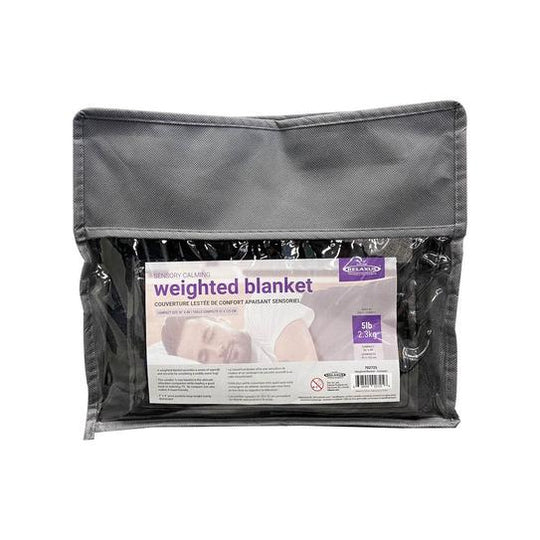
Weighted Blanket
A study suggests that weighted blankets may help alleviate insomnia and anxiety for older people.
Featured product: Sensory Calming Weighted Blanket
Colouring Books
Giving colouring books to dementia patients can help with fine motor skills, concentration, and hand-eye coordination.
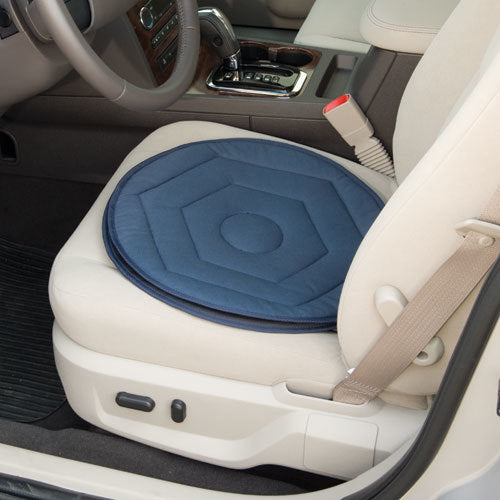
Swivel Cushion
People suffering from dementia often feel isolated or left out. Gifting your loved one a swivel cushion can help them easily get into and out of a car.
Featured product: Stander Swivel Cushions
Motion Sensor Light
A motion sensor light is an ideal gift for dementia patients to prevent unnecessary injuries from falls and trips during the night.
Stuffed Toys
Stuffed toys are one of the most common gifts for dementia patients. Caring for a stuffed toy or doll gives them a sense of purpose and responsibility. It also provides sensory stimulation.
When caring for a loved one with dementia, acknowledging challenges is important to offer the best possible care and empathy. Patience, companionship, and reassurance serve as a comfort, especially when cognitive decline leads to anxiety and confusion. Ultimately, effectively managing the challenges of dementia care requires more than just medical attention – it requires nurturing connections, upholding dignity, and guaranteeing a comfortable and empathetic experience for patients and their caregivers.


